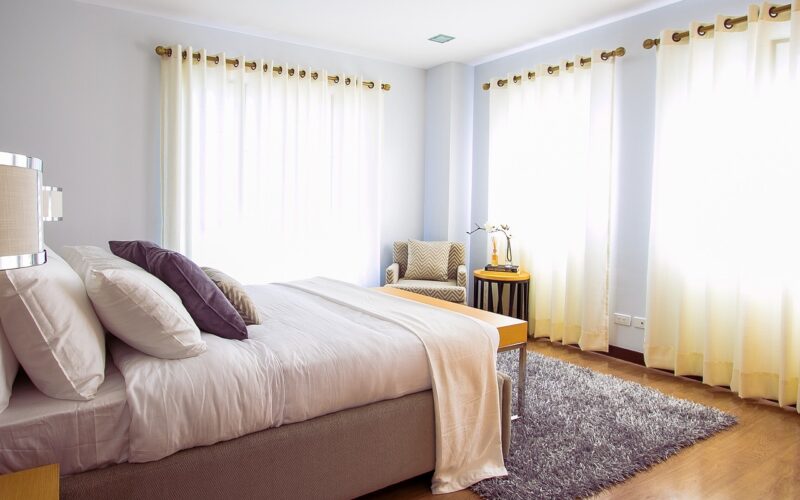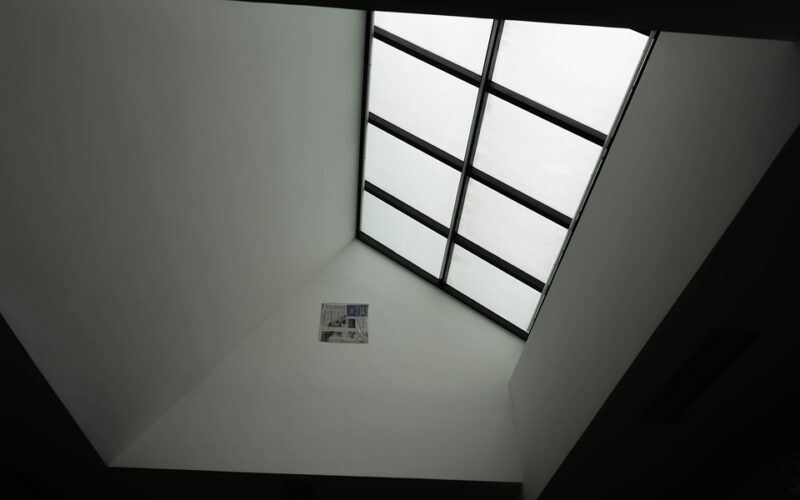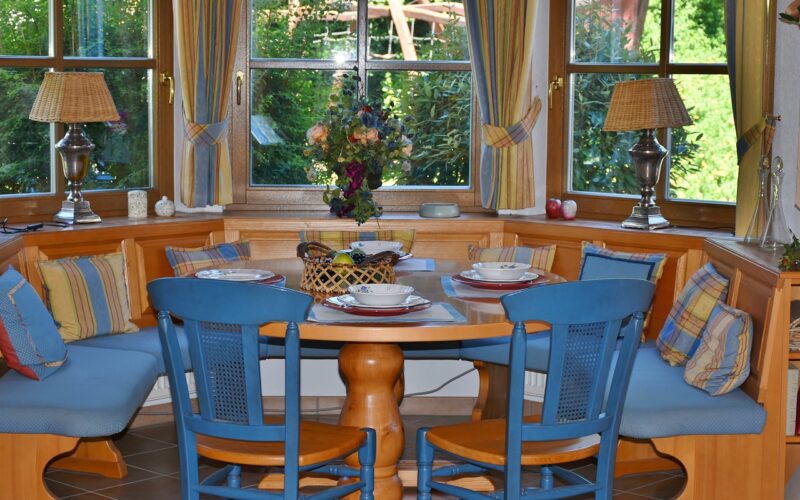In our fast-paced modern world, the significance of mental health has never been more prominent. Many factors contribute to our mental well-being, from regular exercise and a balanced diet to adequate sleep and social interactions. However, one often overlooked element is the role of natural light in our living spaces. Incorporating natural light into our homes can have profound effects on our mental health and overall well-being.
The science behind natural light and mental health
Scientific research supports the connection between natural light and improved mental health. Exposure to natural light helps regulate our circadian rhythms, which control our sleep-wake cycles. Properly aligned circadian rhythms lead to better sleep quality, which is crucial for mental health. Natural light also stimulates the production of serotonin, a neurotransmitter that boosts mood and helps reduce feelings of depression and anxiety.
Designing your home for maximum natural light
To harness the benefits of natural light, consider how your home is designed and arranged. Start by evaluating the placement of windows and the orientation of your house. South-facing windows typically receive the most sunlight throughout the day, making them ideal for rooms where you spend a lot of time. Additionally, consider using light-coloured paint and reflective surfaces to amplify the natural light entering your home.
The impact of natural light in bathrooms
Bathrooms are often neglected when it comes to natural light, but they are vital spaces where we start and end our days. A bathroom fitted with ample natural light can create a serene and refreshing environment, enhancing your mood and setting a positive tone for the day. If your bathroom lacks windows, consider installing a skylight or using frosted glass to allow light in while maintaining privacy. Consulting with a professional bathroom fitter can help you explore various options to increase natural light in this essential space.
Boosting productivity and focus with natural light
Natural light doesn't just benefit mental health; it also enhances productivity and focus. Studies have shown that well-lit environments improve concentration and cognitive function. When working from home or engaging in tasks that require sustained attention, positioning your workspace near a window can lead to higher productivity levels and reduced eye strain. This is particularly important in home offices, where natural light can create an inviting and motivating atmosphere.
Creating a connection with nature
Incorporating natural light into your home design fosters a stronger connection with the outdoors. This connection to nature, known as biophilia, has been linked to numerous mental health benefits. Exposure to natural light and views of greenery can reduce stress, lower blood pressure, and improve overall well-being. Consider adding large windows or glass doors that provide unobstructed views of your garden or surrounding landscape. This not only brings in more light but also creates a sense of harmony with nature.
Practical tips for increasing natural light in your home
If you're looking to enhance the natural light in your home, there are several practical steps you can take. Start by decluttering and removing any obstacles that block windows or light sources. Use sheer curtains or blinds that allow light to filter through while maintaining privacy. Mirrors strategically placed opposite windows can reflect light and make rooms appear brighter and more spacious. Additionally, consider installing solar tubes or light wells in areas where traditional windows are not feasible.
Creating a home filled with natural light is not only aesthetically pleasing but also beneficial for mental health. By designing spaces that maximise natural light, you can improve your mood, productivity, and overall well-being. Whether it's through thoughtful window placement, utilising reflective surfaces, or consulting with a bathroom fitter to brighten up your bathroom, the impact of natural light on your mental health is undeniable.




















